Proteases
Proteases, also known as peptidases or proteolytic enzymes, consists of a large number of enzymes catalyzing the hydrolysis of peptide bonds and subsequently resulting in the degradation of protein substrates into amino acids. Proteases are involved in a wide range of human diseases, including cancer, neurodegenerative disorders, inflammatory diseases and cardiovascular diseases. Thus numerous proteases inhibitors (small molecules and proteins) have been identified to block activity of proteases. Proteases inhibitors can be classified into different types based on the class of proteases they inhibit through two general mechanisms, irreversible “trapping” reactions and reversible tight-binding reactions. Proteases inhibitors have been used as diagnostic or therapeutic agents for the treatment of proteases-related diseases.
-
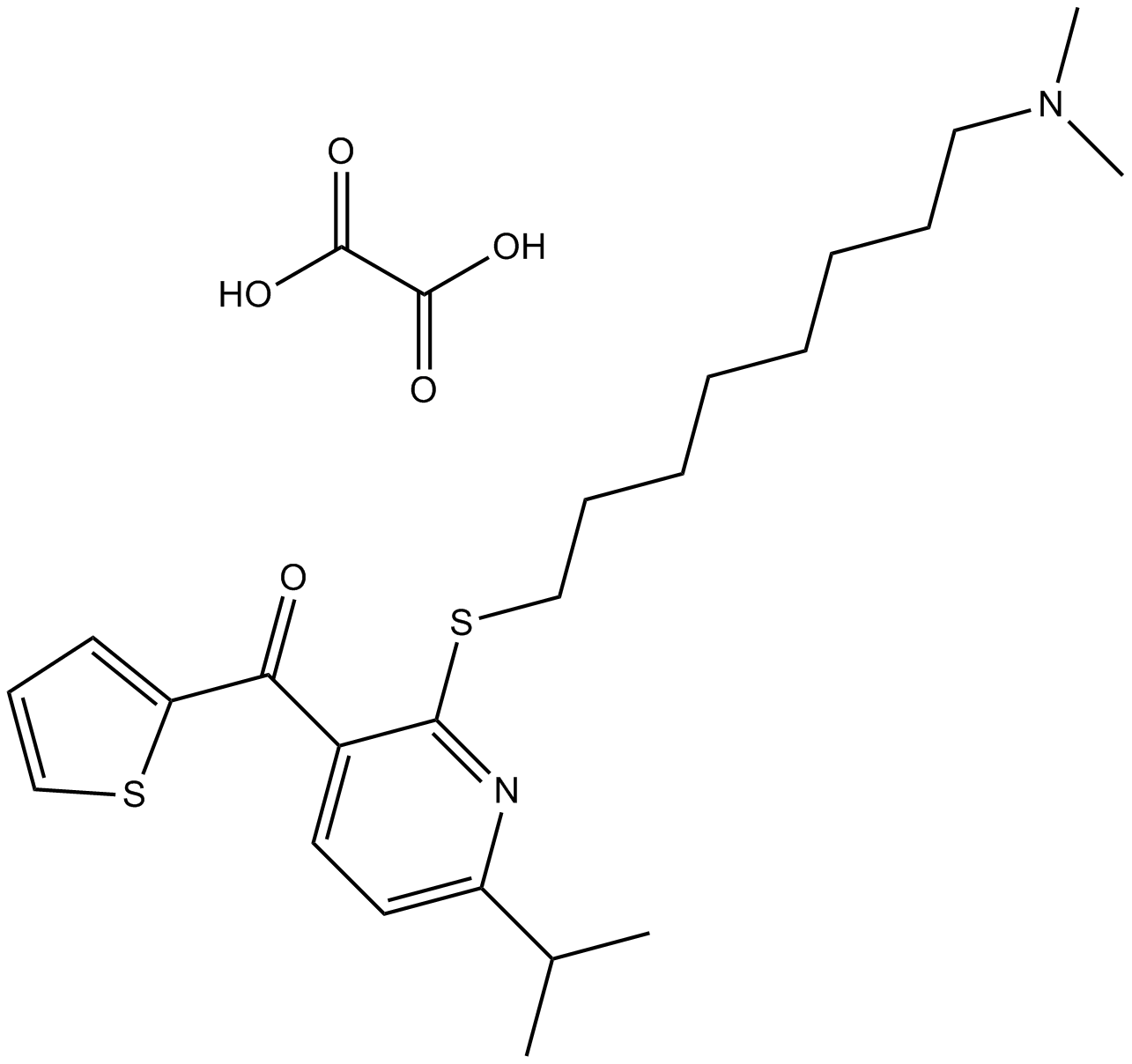 B5153 Y-29794 oxalateSummary: Inhibitor of prolyl endopeptidase
B5153 Y-29794 oxalateSummary: Inhibitor of prolyl endopeptidase -
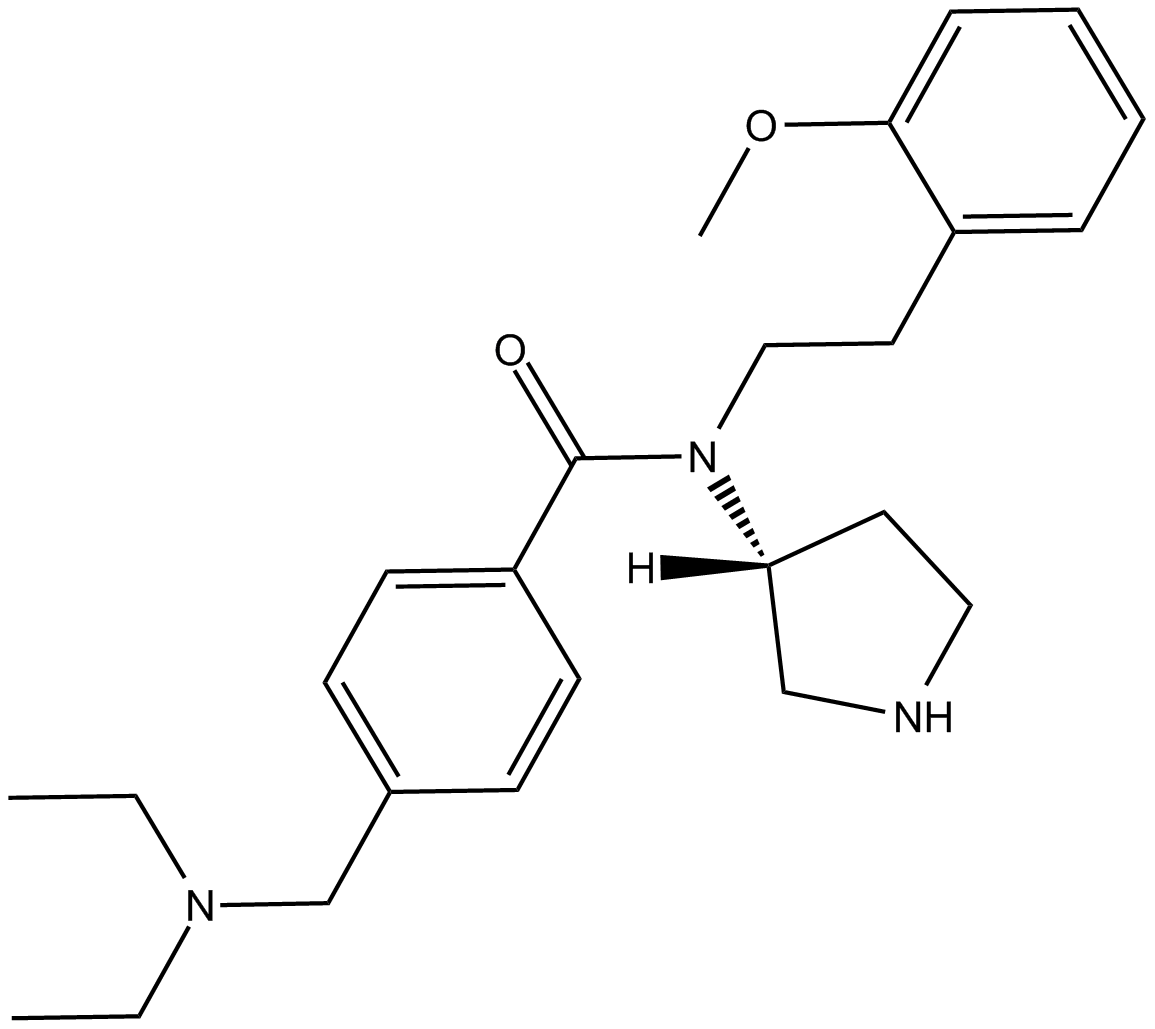 B5415 PF 429242Summary: inhibitor of sterol regulatory element-binding protein (SREBP) site 1 protease
B5415 PF 429242Summary: inhibitor of sterol regulatory element-binding protein (SREBP) site 1 protease -
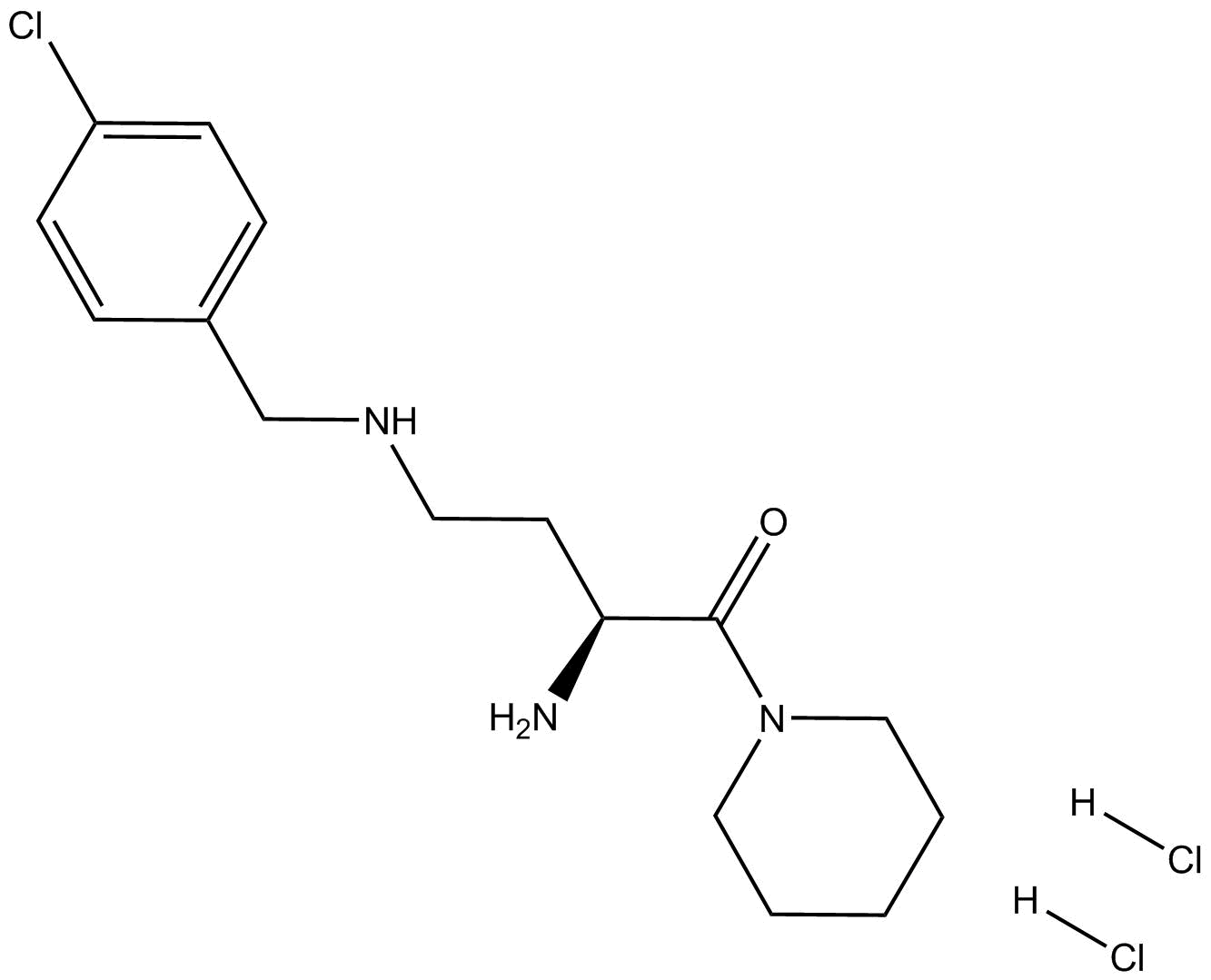 B5780 UAMC 00039 dihydrochlorideTarget: Dipeptidyl-peptidase IISummary: dipeptidyl peptidase II (DPP-II) inhibitor
B5780 UAMC 00039 dihydrochlorideTarget: Dipeptidyl-peptidase IISummary: dipeptidyl peptidase II (DPP-II) inhibitor -
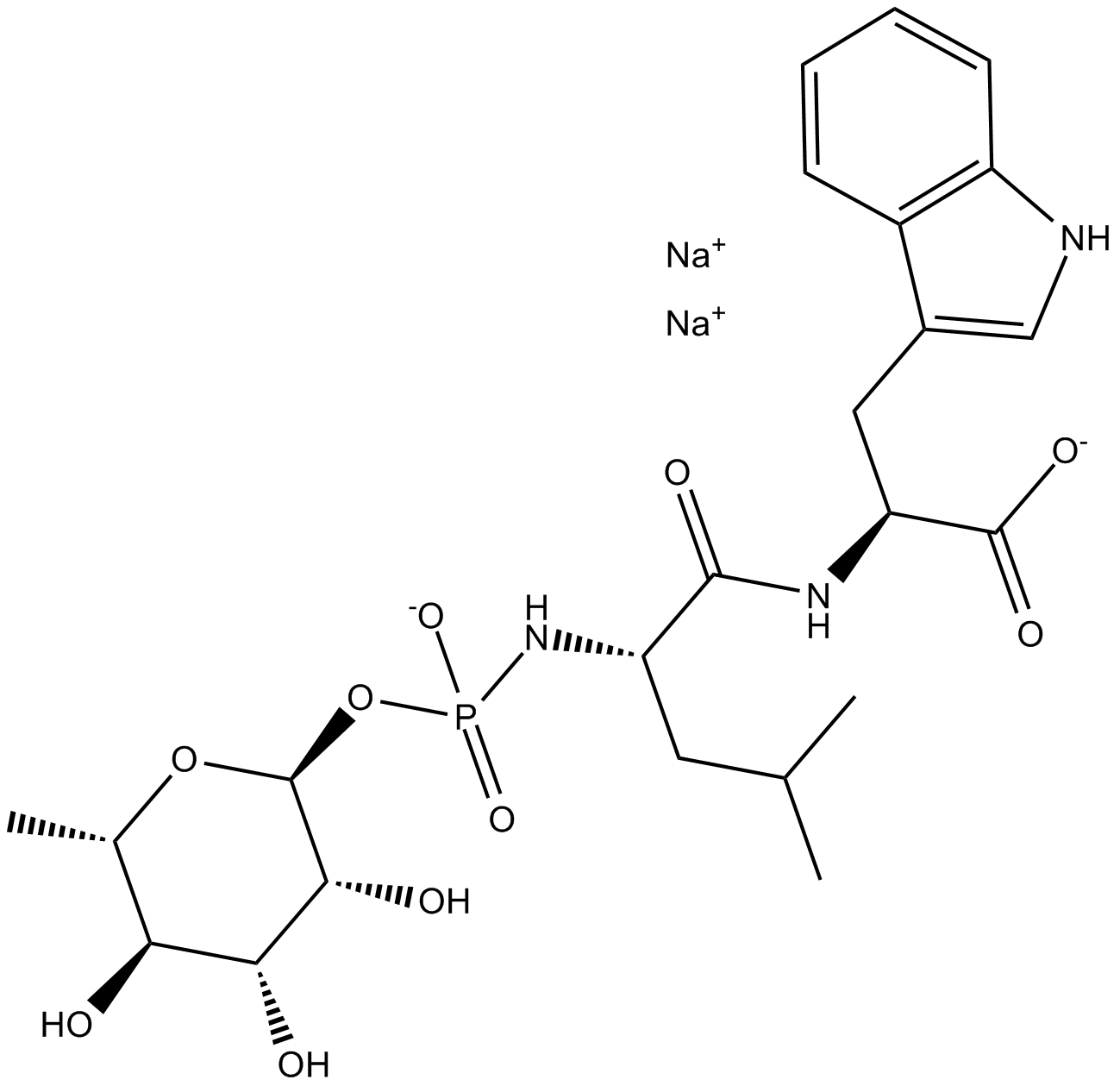 B4790 Phosphoramidon Disodium SaltTarget: metalloproteaseSummary: metalloproteinase inhibitor
B4790 Phosphoramidon Disodium SaltTarget: metalloproteaseSummary: metalloproteinase inhibitor -
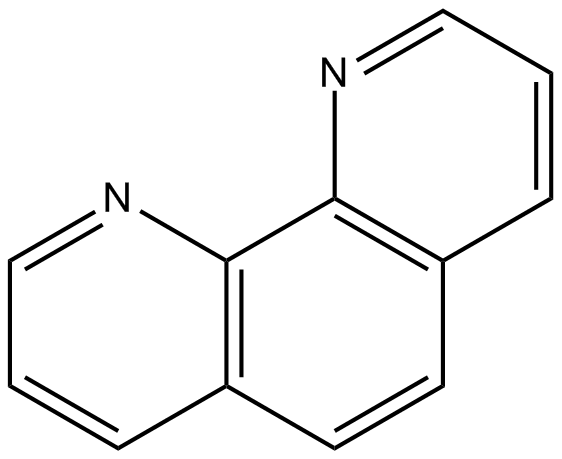 B7854 o-PhenanthrolineSummary: metalloprotease inhibitor
B7854 o-PhenanthrolineSummary: metalloprotease inhibitor -
 A2571 Pepstatin A1 CitationTarget: Cathepsins|Renin|HIV proteases|PepsinsSummary: Aspartic protease inhibitor
A2571 Pepstatin A1 CitationTarget: Cathepsins|Renin|HIV proteases|PepsinsSummary: Aspartic protease inhibitor -
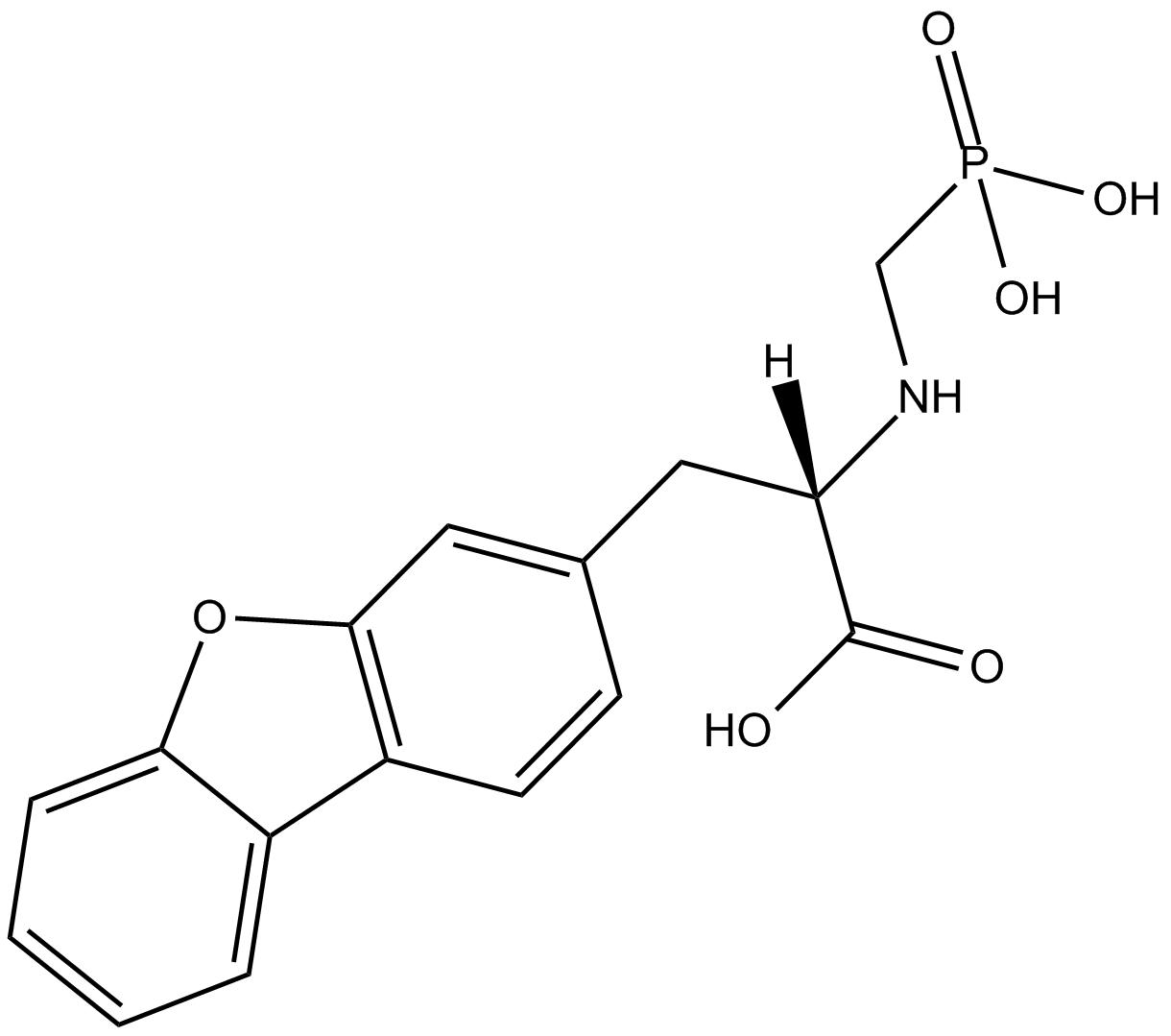 B5310 CGS 35066Summary: endothelin-converting enzyme (ECE) inhibitor
B5310 CGS 35066Summary: endothelin-converting enzyme (ECE) inhibitor -
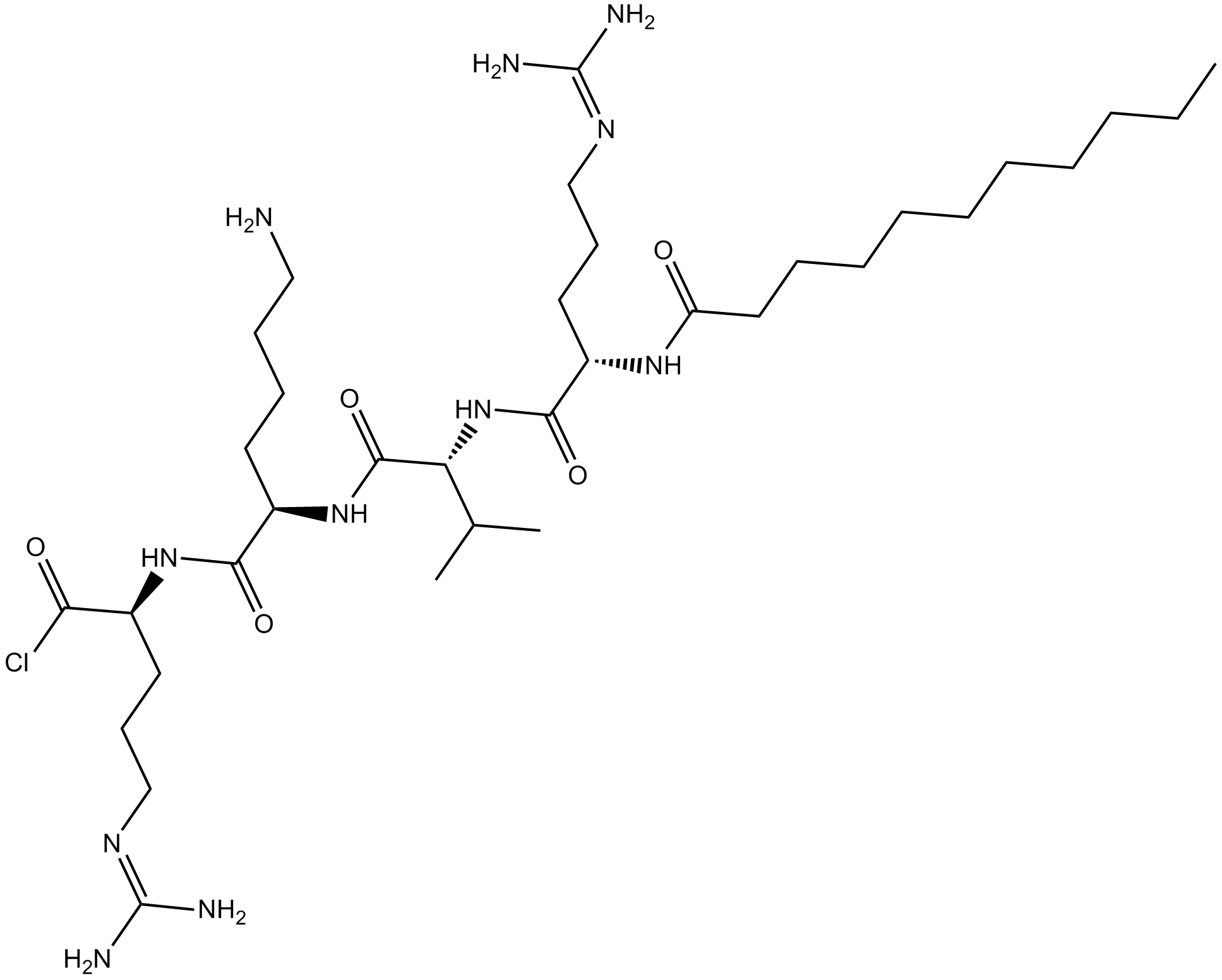 B5437 Decanoyl-RVKR-CMKTarget: Subtilisin/Kex2p-like proprotein convertaseSummary: Subtilisin/Kex2p-like proprotein convertase inhibitor
B5437 Decanoyl-RVKR-CMKTarget: Subtilisin/Kex2p-like proprotein convertaseSummary: Subtilisin/Kex2p-like proprotein convertase inhibitor -
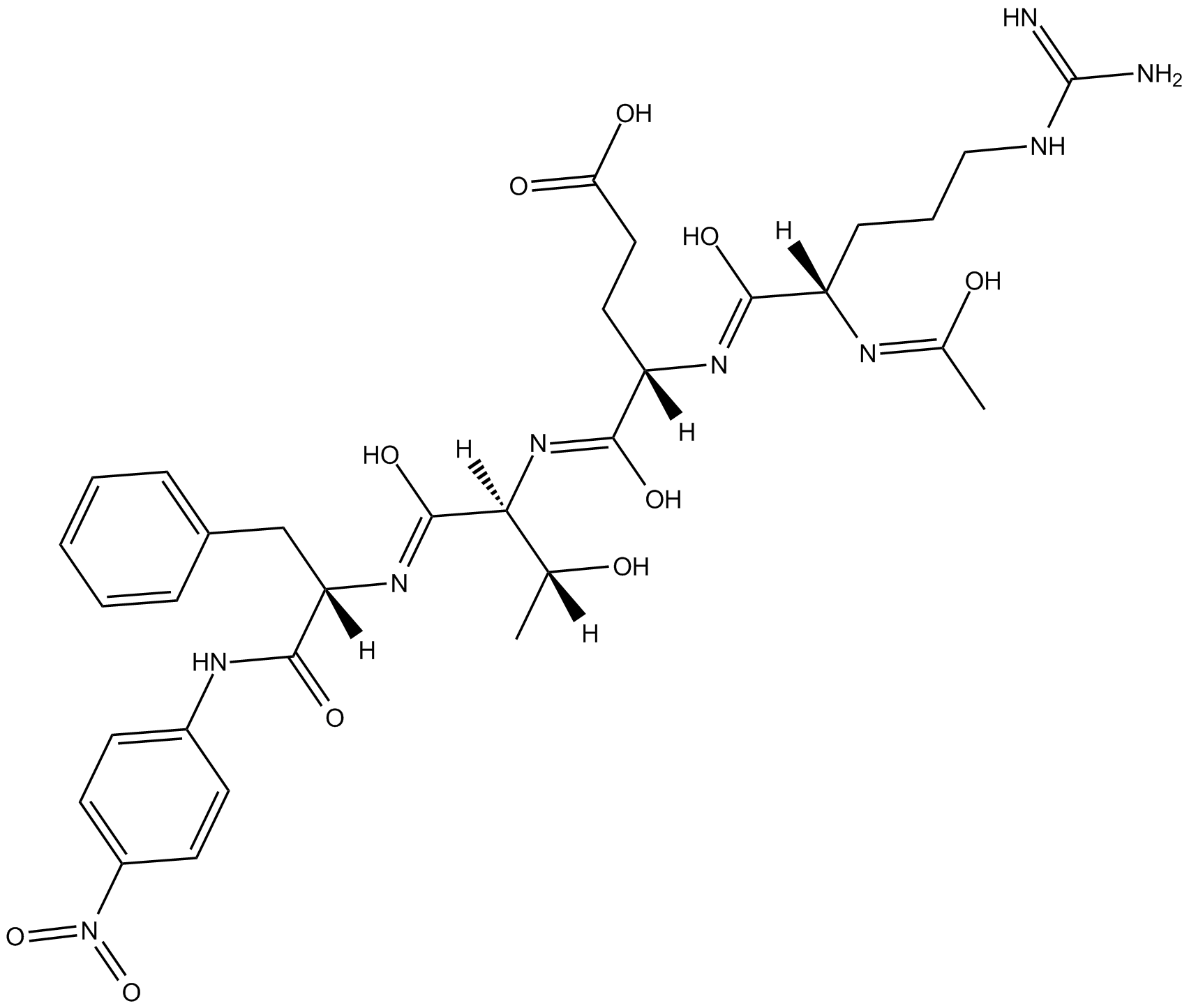 B5485 RETF-4NASummary: chymase substrate peptide
B5485 RETF-4NASummary: chymase substrate peptide -
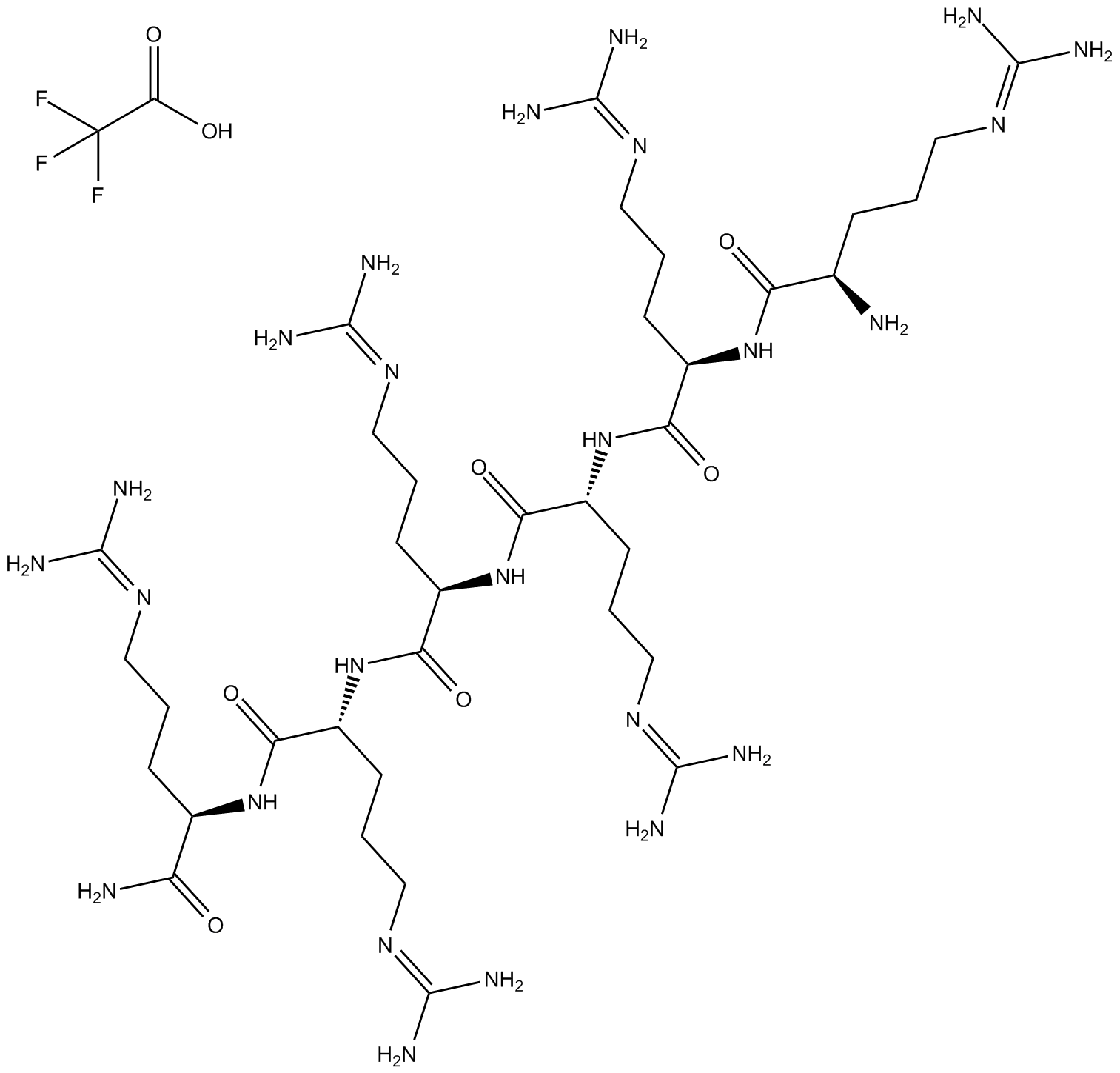 B5692 Hexa-D-arginine TFASummary: furin inhibitor
B5692 Hexa-D-arginine TFASummary: furin inhibitor

